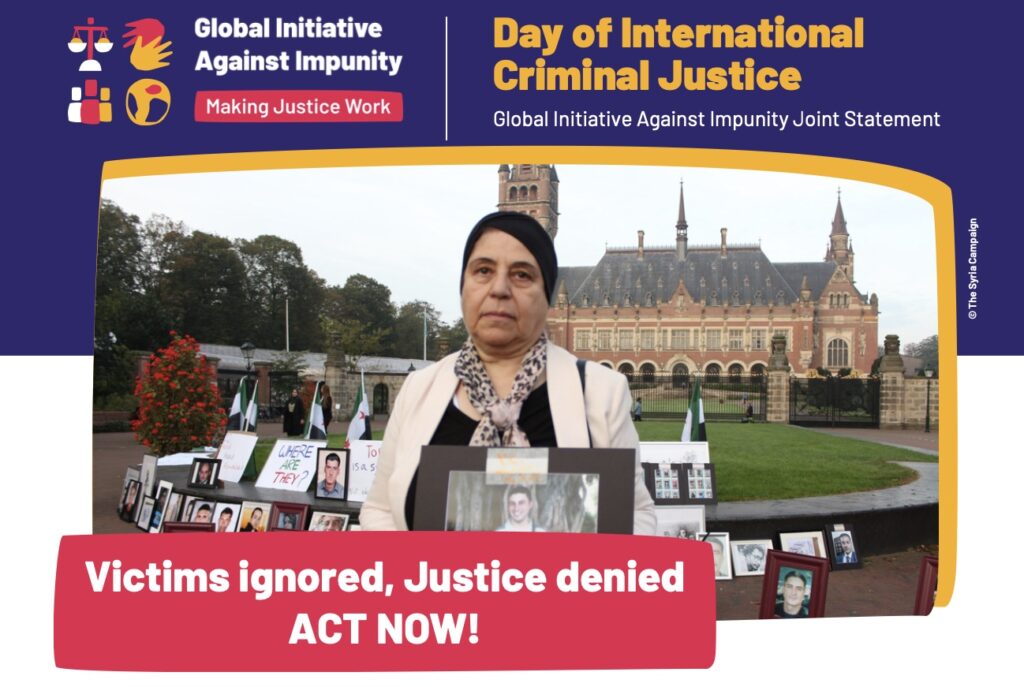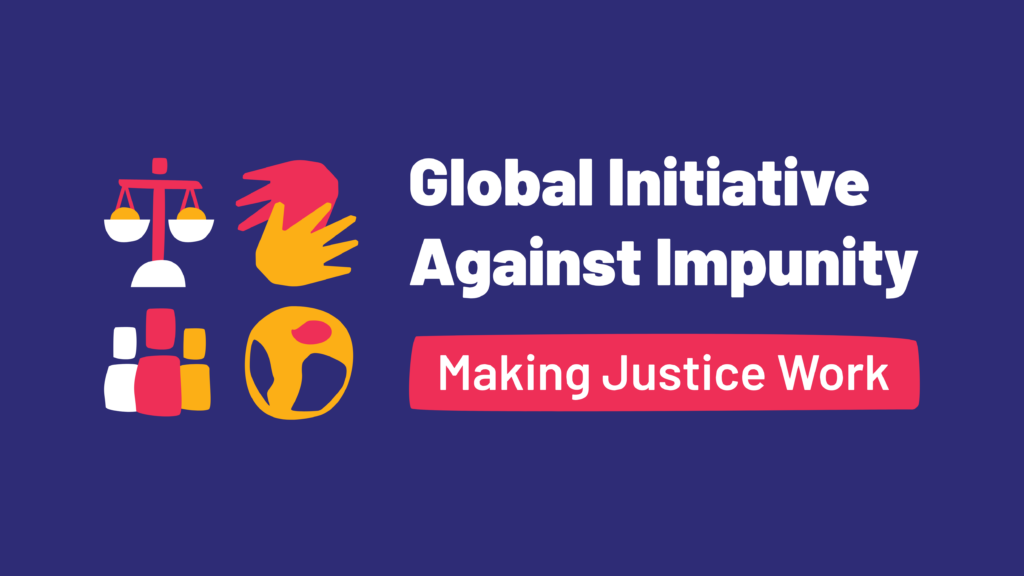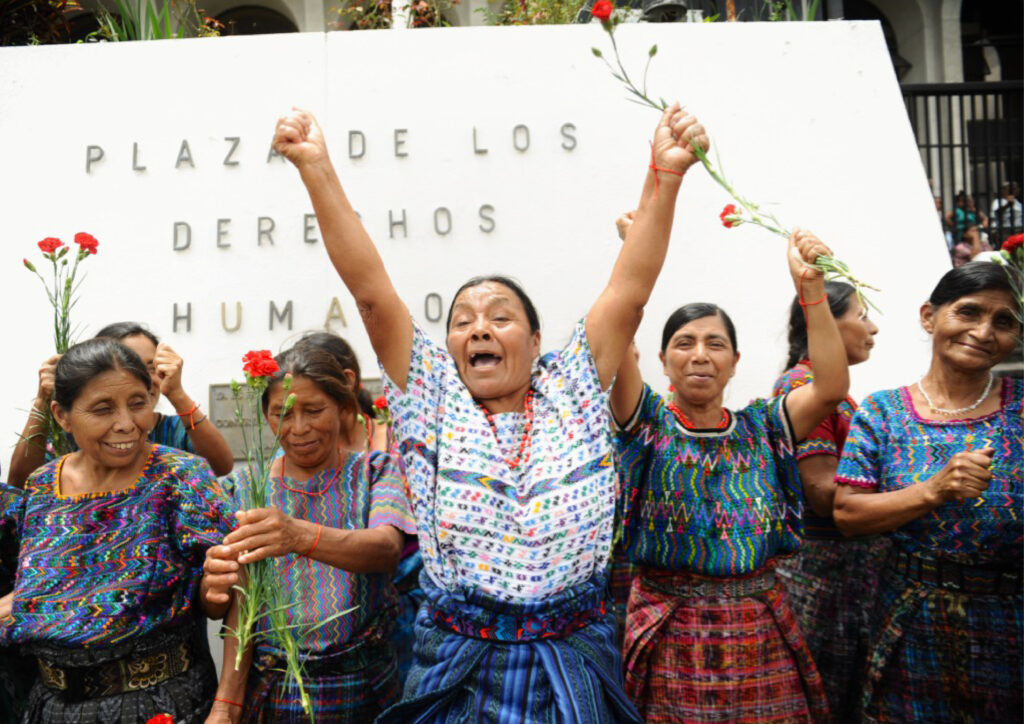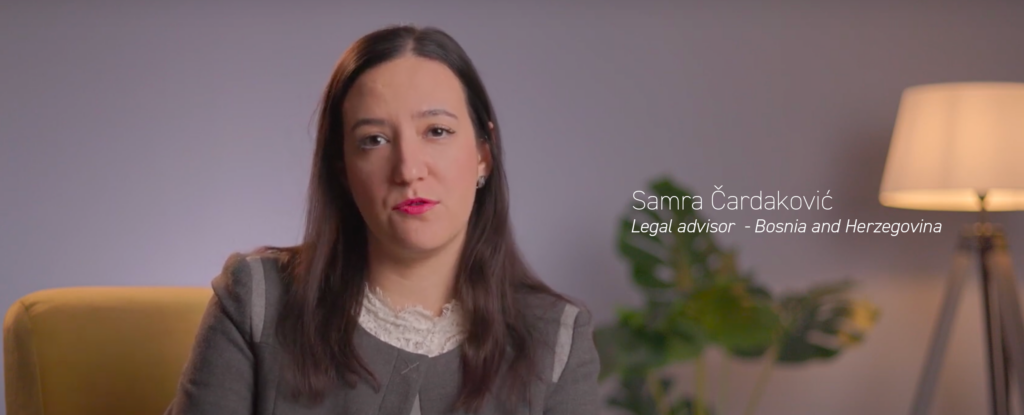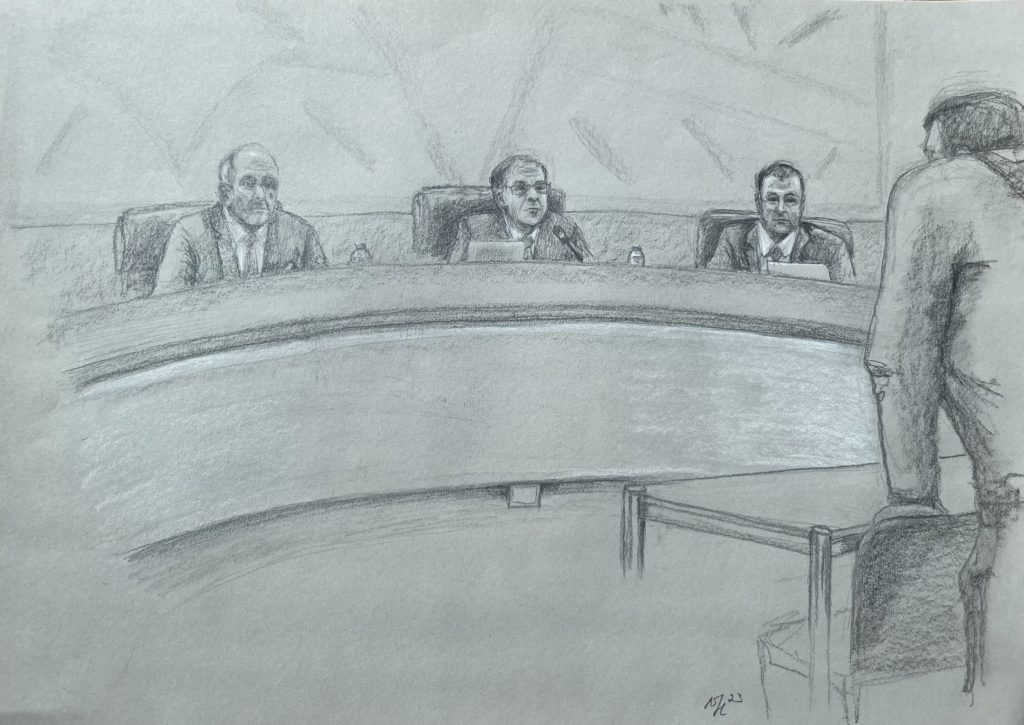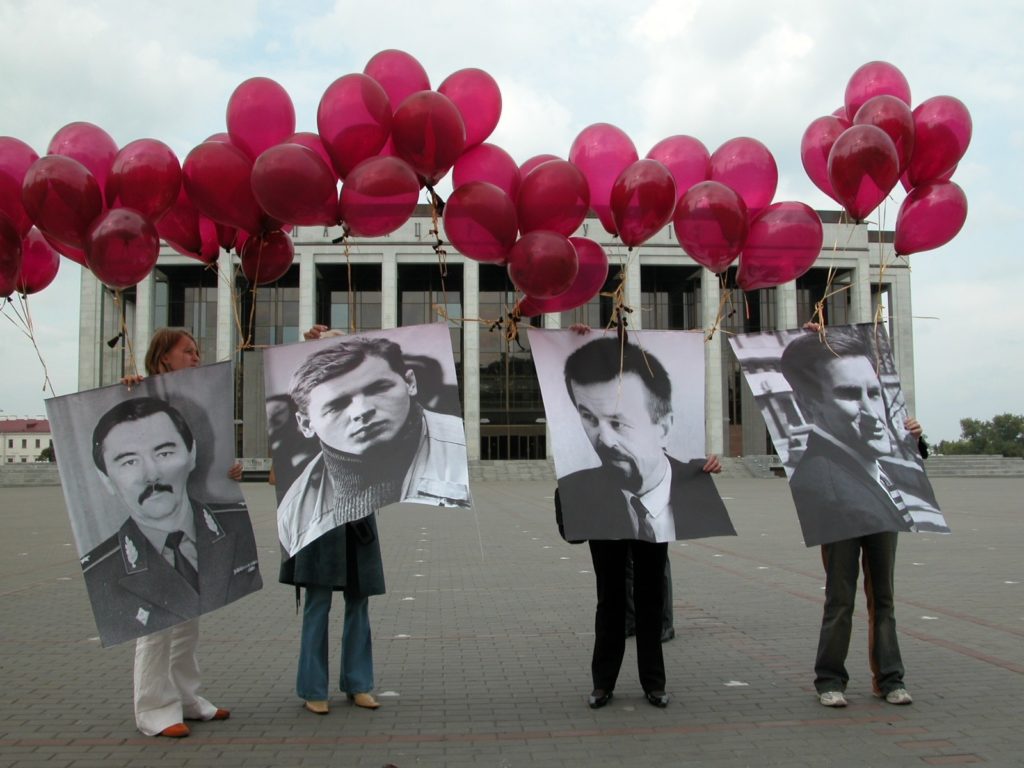In Mexico, children and adolescents bear the brunt of enforced disappearances
That Mexico is in the midst of a human rights crisis is no news. But one often-overlooked group of victims are children. Today, TRIAL International and a coalition of local NGOs denounced the abuse they face to the Working Group on Enforced or Involuntary Disappearances (WGEID).
Over 5’500 children and adolescents between the ages of 0 and 17 have been disappeared in Mexico since 2006. They represent a shocking 18% of the total number of registered disappearances, and the real figure could be much higher.
These figures cover a broad range of situations, including migrant children who were disappeared trying to cross Mexico and reach the United States of America. Likewise, both disappearances at the hands of the State and of non-State actors are registered there. “But even when non-State actors are to blame, the rampant impunity often makes it impossible to rule out the involvement, direct or indirect, of State agents”, clarifies Gabriella Citroni, TRIAL International’s Senior Legal Advisor and expert on enforced disappearance.
What that number excludes are the children whose relatives have been disappeared, which is significantly higher. They, too, are considered victims of enforced disappearance as they suffer its dire consequences.
Specific ailments call for specific measures
Children or adolescents with a disappeared relative are subjected to a multiple violation of their fundamental rights. Oftentimes the disappeared was the breadwinner, so children replace them in the household, forced to leave the school and begin to work. Hence, these youth suffer grave violations of their rights to education, health, social security and property.
Over half of young victims (59%) are girls. Due to gender roles embedded in history, and tradition, they are more likely to experience hardship – including assuming parental responsibility and dropping out of school – than boys. Their vulnerability calls for specific measures, yet at the moment, Mexico’s policies incorporate no gender perspective whatsoever.
To avoid these forms of re-victimization, Mexico must ensure early and comprehensive access to social support and reparation. Reparative measures must include access to health-care, food and education, so that children do not have to become bread-winners. Psycho-social support is also key, as young victims are more prone to social isolation and psychological distress.
Insufficient and inoperative policies
At the moment, Mexico has no effective public policy to attend children and adolescents victims of disappearance. The country does have two programs of alert and search, but they are seldom applied and their activation is overly complicated.
“For example, the alert can only be activated if an imminent and grave risk can be demonstrated in relation to the disappearance of a child” explains Gabriella Citroni. “Authorities often consider that this requirement is not met, without taking into account the situation of generalised violence in the country.”
In their report to the Working Group on Enforced or Involuntary Disappearances (WGEID), TRIAL International and its partners recommend that processes are consistently simplified, in order to launch the search operations without delay.
Read the executive summary
Read the report (in Spanish)
Watch the story of Kimberley and Heber
Watch the story of Marcela

